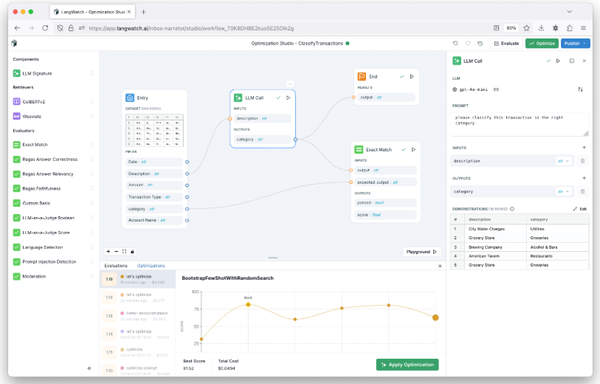Ketamine-Assisted Psychotherapy: A Breakthrough in Mental Health Treatment
Table of Content
The conventional approach to mental health treatment has been focused primarily on talk therapy and medication. With recent advances in medicine, practitioners are looking for a dynamic approach for patients who are not being relieved by these methods. One of these newer approaches is ketamine-assisted psychotherapy.
Ketamine is a dissociative anesthetic, a class of anesthetics that induces a trance-like experience due to its distortion of sight, sound, and feeling of detachment. It was first introduced in 1960 and used widely as a battlefield anesthetic in the Vietnam War. Ketamine has since come a long way from being just an anesthetic to a drug that is now being considered for its off-label use in treating psychiatric conditions, particularly PTSD and depression.
How Does Ketamine-Assisted Therapy Work?
Research has shown patients suffering from resistant depression are associated with decreased levels of a protein known as brain-derived neurotrophic factor (BNDF), which promotes the growth of new neurons and synapses, consequently resulting in neuronal atrophy (a loss of connection between neurons and neurons itself) in the prefrontal cortex and hippocampus. These areas of our brain regulate attention, memory, and emotions.
While most monoaminergic antidepressants work by blocking this at least partially, studies have shown ketamine rapidly increases the release of BDNF, increasing functional synapses or causing an “anatomical repair” in a short time following its administration.
In a KAP session, a licensed clinician administers a controlled dose of ketamine, which produces a dissociative state in the patient. During this time, a therapist guides the patient through this process, combining traditional talk therapy with the therapeutic effects of ketamine. This feeling of disconnect allows patients to approach their thoughts and emotions from a different perspective, enabling deep introspection.
Benefits of Ketamine-Assisted Psychotherapy
Here are some benefits of ketamine-assisted psychotherapy:
1- Deeper Therapeutic Work and a New Therapeutic Tool
The trance-like state, produced by ketamine, allows patients to delve deeper into their feelings and lets them work through difficult emotions in a supportive environment. For patients resistant to medication, ketamine assisted therapy offers hope in the form of a different approach to treatment. By incorporating ketamine-assisted therapy, practitioners can provide a more effective and comprehensive approach to mental healthcare.
2- Rapid Relief
According to some studies, participants showed remission in suicidal ideation within 24 hours of ketamine administration that persisted in almost 85% of the participants for one week. A single IV, subanesthetic dose, a dose lower than one that would cause anesthesia, can relieve depressive symptoms within hours. Eliminating the lag typically associated with antidepressants can be life-changing for individuals who have struggled for years to find an effective treatment.
Limitations and Challenges
Despite its benefits, for safer use, certain limitations should be taken into account;
1- Patient Selection
The effects of ketamine can vary considerably depending on multiple variables like weight, genetic predisposition, and general state of health. It is crucial to carefully screen patients by evaluating factors like psychiatric stability, Cardiovascular health, and history of substance abuse in detail to ensure safe administration.
2- Training and Certification
Ketamine administration in a therapeutic setting requires proper certification and specialized training. You can complete the training online with ease or by signing up with an institution as long as it covers the ethical, practical, and clinical effects of ketamine.
3- Ethical Challenges
Ketamine is still considered an off-label drug for psychotherapy, a term used to describe drugs used for reasons other than the ones approved by drug regulatory bodies. Administering it requires navigating legal and ethical guidelines by getting informed consent, detailed documentation, and keeping up with regulations.
Ketamine-Assisted Psychotherapy and AI
Today, AI has changed the landscape of all industries, including medicine. Combining KAP with new software and AI can make its use safer and more likely to be a long-term treatment option. By leveraging AI features like machine learning that recognize patterns based on data and algorithms, patient care can be more personalized.
Data such as vital signs, mood, and other parameters can be documented in detail using wearable devices like watches and health monitoring apps, allowing any adverse effects to be dealt with in a timely manner. Based on data, AI can tell patients to schedule an appointment with their psychotherapist and can even schedule it using online tools.
Endnote
Ketamine-assisted therapy has the potential to revolutionize the way we approach mental health. With rising acceptance and awareness, KAP is on its way to becoming a significant tool. Additionally, by integrating the use of AI, it can readily become a safe drug of choice for people who can’t find relief in traditional treatment methods.











